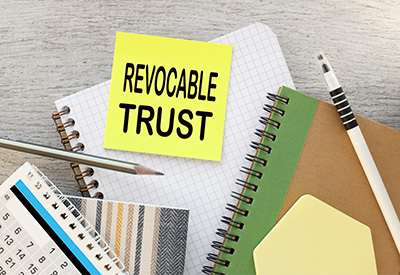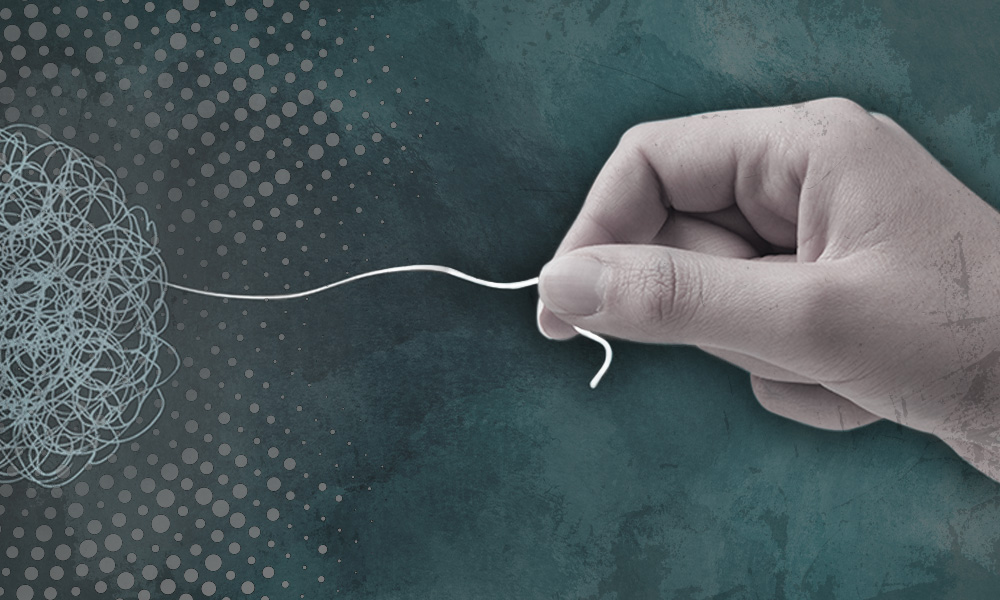When it comes to estate planning and preparing for potential incapacity or eventual passing, simplicity is key. A straightforward, simple estate plan and streamlined finances can greatly reduce stress and confusion for your family during an already difficult time. By creating a clear will or living trust, designating beneficiaries, granting powers of attorney, consolidating accounts and organizing important documents, you can simplify your estate and provide peace of mind for your loved ones.
Developing an uncomplicated estate plan doesn't have to be daunting. With some basic preparation and smart strategies to get your finances in order, you can establish a simple estate that protects your assets and loved ones according to your wishes. Let's explore some key steps to simplify your estate plan and financial world.
What is the simplest way to leave my estate to my heirs?
One of the simplest ways to pass on your estate is through beneficiary designations. For many types of accounts, like life insurance policies, retirement plans and bank accounts, you can designate beneficiaries to directly inherit those assets outside of probate. Ensure you have named beneficiaries (and contingent beneficiaries) for all applicable accounts. Beneficiary designations trump wills, so keep them updated, especially after major life events.

A simple will is also an essential part of any basic estate plan. A will allows you to specify who inherits your assets, name an executor to carry out your wishes and designate a guardian for minor children. In your will, focus on your most important assets and keep your bequests straightforward to avoid confusion or conflict. Regularly review and update your will as your life evolves.
What is the easiest type of trust to set up?
For many people, a basic revocable living trust is the easiest type of trust to establish. With a living trust, you transfer ownership of your assets into the trust, but you remain in control of those assets during your lifetime. Upon your passing, the assets transfer to your designated beneficiaries, avoiding probate.

Living trusts are straightforward to set up and maintain. As the grantor, you create the trust document, name a trustee (usually yourself) to manage the trust assets and specify beneficiaries. You then fund the trust by retitling assets in the name of the trust. You're free to change or revoke the trust at any time. A simple living trust, along with a basic pour-over will, can form the foundation of an uncomplicated estate plan.
How can I make it easier for my executor to settle my estate?
To simplify the job for your executor, focus on organizing and consolidating your assets. Create a master directory that lists all your important accounts, assets, debts and legal documents. Include account numbers, contact information and locations of important paperwork. Make sure your executor knows where to find this master document and keep it regularly updated.
Consider consolidating financial accounts where possible to reduce the number of institutions and accounts your executor must deal with. Merge similar accounts and close unused ones. Simplify your portfolio to minimize the types of assets your executor must handle.
Communicate openly with your executor about your wishes and plans. Make sure they're willing to serve and understand their responsibilities. Provide them with necessary documents and information in advance. Consider granting them a durable power of attorney to manage your finances if you become incapacitated.
How do I simplify my financial life before I die?
Streamlining your finances is one of the best gifts you can give your loved ones. Start by creating an inventory of all your accounts and assets, including bank accounts, investment accounts, retirement plans, insurance policies, real estate and valuable possessions. Gather statements, deeds, titles and relevant legal documents in one centralized location.

Consolidate accounts where it makes sense. Merge multiple bank accounts or investment accounts into one. Roll over 401(k)s from former employers into a single IRA. Consolidation means fewer accounts for your executor to locate and distribute. It also makes it easier to track and manage your assets during your lifetime.
Eliminate clutter in your finances. Cancel unused accounts, memberships and subscriptions. Get rid of unnecessary paperwork and records. Streamline your bills and statements by going paperless and setting up online accounts your executor can easily access.
What documents should I prepare to make my estate plan simple?
A simple, well-rounded estate plan should include a few key documents:

- Last will and testament. Directs the distribution of your assets and names an executor. Consider including a personal property memorandum to specify who inherits particular possessions.
- Living trust. Allows assets to pass to heirs outside of probate. Also provides for management of assets if you become incapacitated.
- Beneficiary designations. Specifies who inherits accounts like life insurance and retirement funds. Make sure all your designations are updated.
- Durable financial power of attorney. Grants someone authority to manage your financial affairs if you become incapacitated. Choose people you trust implicitly.
- Health care power of attorney and living will. Designates someone to make medical decisions on your behalf and specifies your wishes for end-of-life care.
Keep these documents in a secure location, like a fireproof home safe or safe deposit box, and make sure your executor or trustee knows how to access them. Provide copies to relevant parties like your attorney or agent with power of attorney.
By taking these steps to simplify your estate plan and streamline your finances, you can help your loved ones avoid stress, confusion and conflict during an emotionally challenging time. Consult an estate planning attorney for personalized advice on creating an estate plan tailored to your unique needs. With some forethought and organization, you can establish an uncomplicated estate that provides comfort and security for your family both now and in the future.



